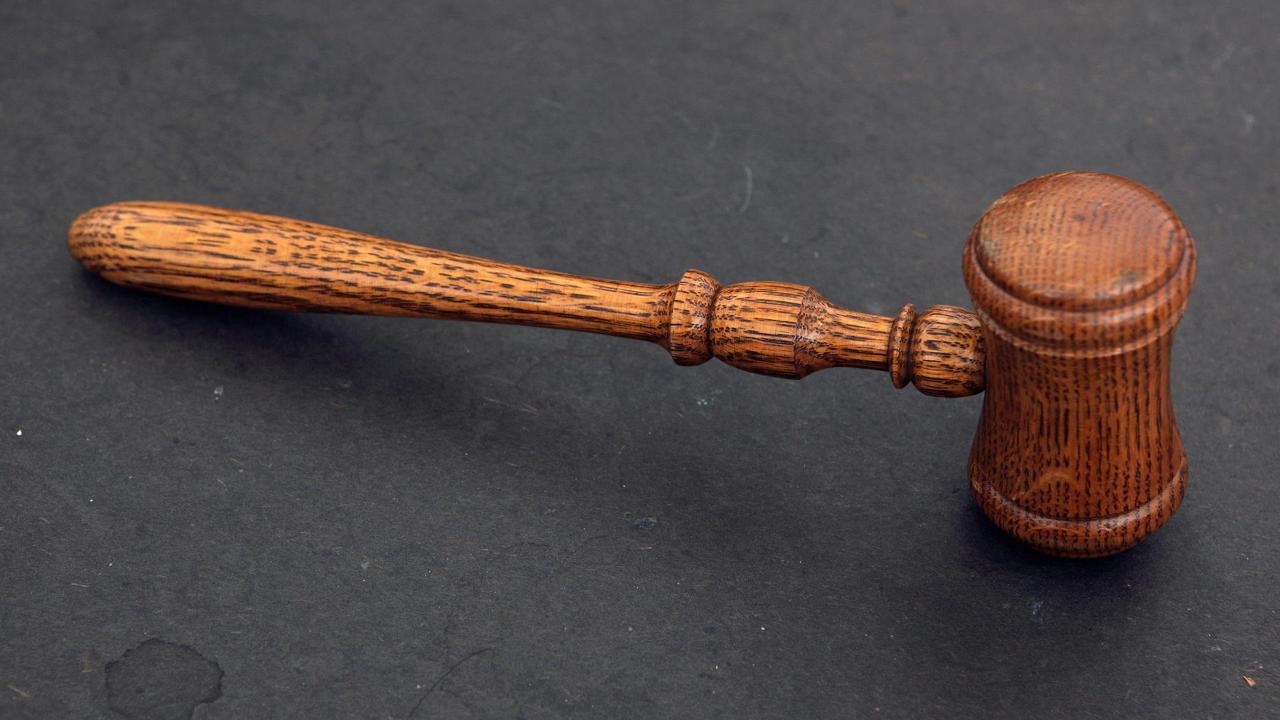Legal sports betting: NFL, NBA call for federal regulation
Major U.S. sports leagues had a mixed reaction to the Supreme Court’s decision Wednesday to overturn the federal ban on sports betting, urging state and federal officials to develop a regulatory framework that would protect the integrity of their games.
Supreme Court justices voted 6-3 to repeal the Professional and Amateur Sports Protection Act (PASPA), a 1992 law that banned sports betting in all but four states, including Nevada. While the NBA and other sports leagues have come out in support of a regulated marketplace for sports betting, others, such as the NFL, have remained largely opposed to the idea of a legalized sports gambling industry.
The federal repeal will allow states to decide on a case-by-case basis whether to legalize sports betting and could push leagues to change their gambling-related policies. The American Gaming Association, a trade group that lobbies on behalf of the casino industry, estimates the overall illegal U.S. gambling marketplace exceeds $150 billion. Players in major leagues are prohibited from betting on sports.
Here is how major U.S. sports leagues reacted to the Supreme Court ruling.
-The National Football League (NFL), which has championed the argument that legal sports betting would open its games to the possibility of corruption, said its “longstanding and unwavering commitment to protecting the integrity of our game remains absolute.”
“Congress has long-recognized the potential harms posed by sports betting to the integrity of sporting contests and the public confidence in these events,” the league said in a statement. “Given that history, we intend to call on Congress again, this time to enact a core regulatory framework for legalized sports betting. We also will work closely with our clubs to ensure that any state efforts that move forward in the meantime protect our fans and the integrity of our game.”
-The National Basketball Association (NBA), which had favored in recent months a regulatory framework that would require gambling operators to hand over 1% of their proceeds and adhere to certain restrictions, said the federal government should impose uniform laws on the industry.
“We remain in favor of a federal framework that would provide a uniform approach to sports gambling in states that choose to permit it, but we will remain active in ongoing discussions with state legislatures,” NBA Commissioner Adam Silver said. “Regardless of the particulars of any future sports betting law, the integrity of our game remains our highest priority.”
-Major League Baseball (MLB) said it expects the Supreme Court’s ruling to have “profound effects” on the way it operates.
“As each state considers whether to allow sports betting, we will continue to seek the proper protections for our sport, in partnership with other professional sports,” the league said in a statement. “Our most important priority is protecting the integrity of our games. We will continue to support legislation that creates air-tight coordination and partnerships between the state, the casino operators and the governing bodies in sports toward that goal.”
-The National Hockey League (NHL) said the court’s decision creates an “entirely different landscape” for the professional sports world, but would not have an immediate impact on its policies.
“We will review our current practices and policies and decide whether adjustments are needed, and if so, what those adjustments will look like,” the league said. “It’s important to emphasize that the Supreme Court’s decision has no immediate impact on existing League rules relating to sports wagering, and particularly, wagering involving NHL games. So, while changes may be considered in the future, today’s decision does not directly impact the operation of the League or any of our Clubs in the short term.”
-The National Collegiate Athletic Association (NCAA), which has argued that legalized sports betting represents a threat to its amateur athlete model, said it is “still reviewing” the decision.
“While we are still reviewing the decision to understand the overall implications to college sports, we will adjust sports wagering and championship policies to align with the direction from the court,” the NCAA said.




















